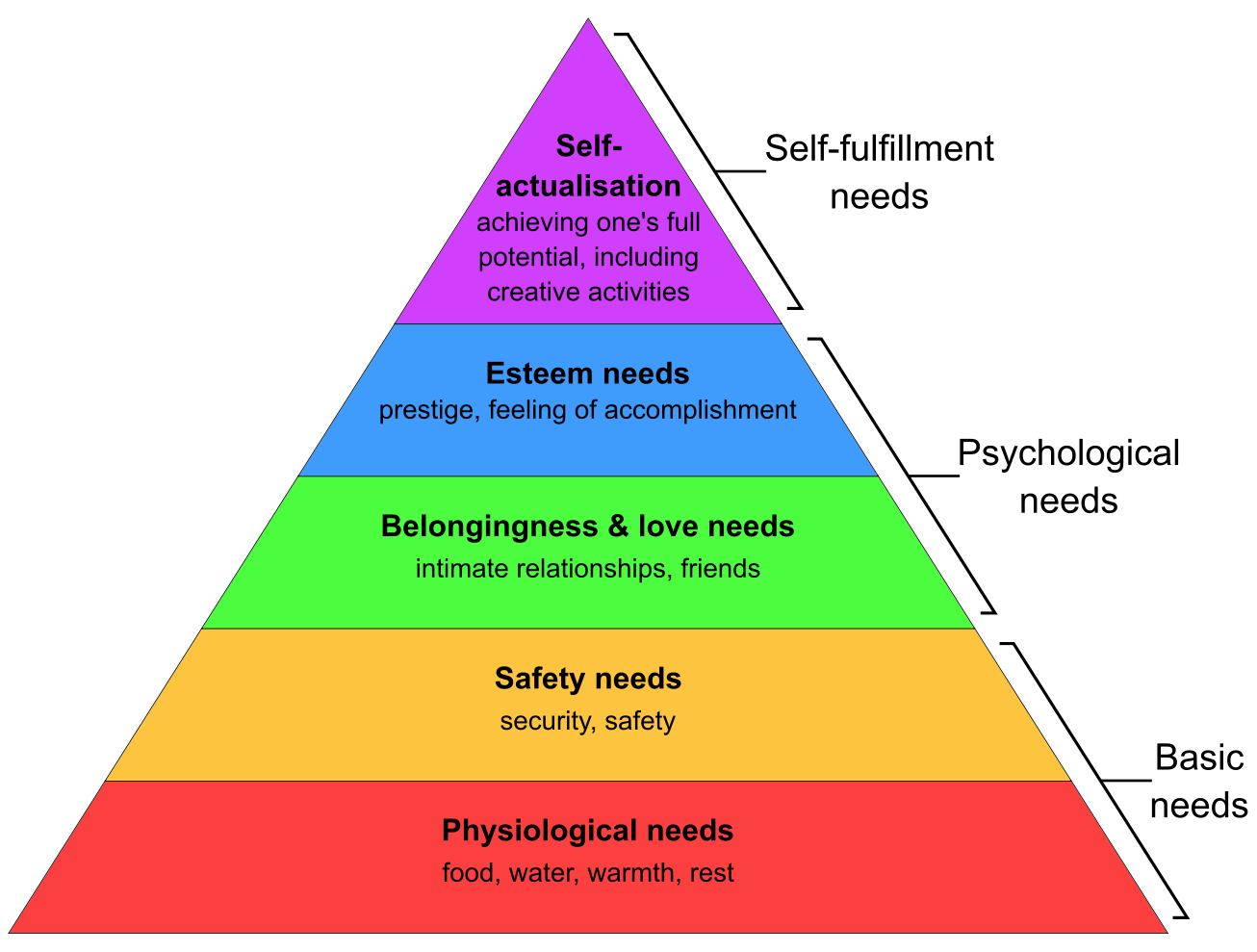Your therapist believes in you
At our lowest moments, it’s hard to believe we will ever feel better. This is especially true when we get hit by a giant wave of grief. Long-time readers of this blog will remember the ocean metaphor: your grief is like ocean waves. You can be standing at the edge of the ocean for a long time with only little waves at your feet and then suddenly a major one comes and knocks you over. You didn’t see it coming so it knocks you to the ground with its force, or swallows you up. Temporarily. The ocean is not always giant, knock-down waves, right? Likewise, your grief will not always swallow you with its magnitude.
That’s easy to forget though, especially when you’re experiencing a big wave. This is where your therapist really comes in handy, especially if you’ve been seeing each other for awhile. You may not remember being here before, but I do. I also remember that you didn’t stay here forever. I remember that we got through the last wave and I believe we’ll get through the next one, even if you don’t.
Hope is hard to reach for when you’re struggling. But it’s also why I’m still a therapist. I really do believe that people can get better, that things will not always feel so incredibly difficult. The great thing about therapy is, you’re not alone, especially in those very bad times. We’ve been here before; we’ll find the way out again, together.












